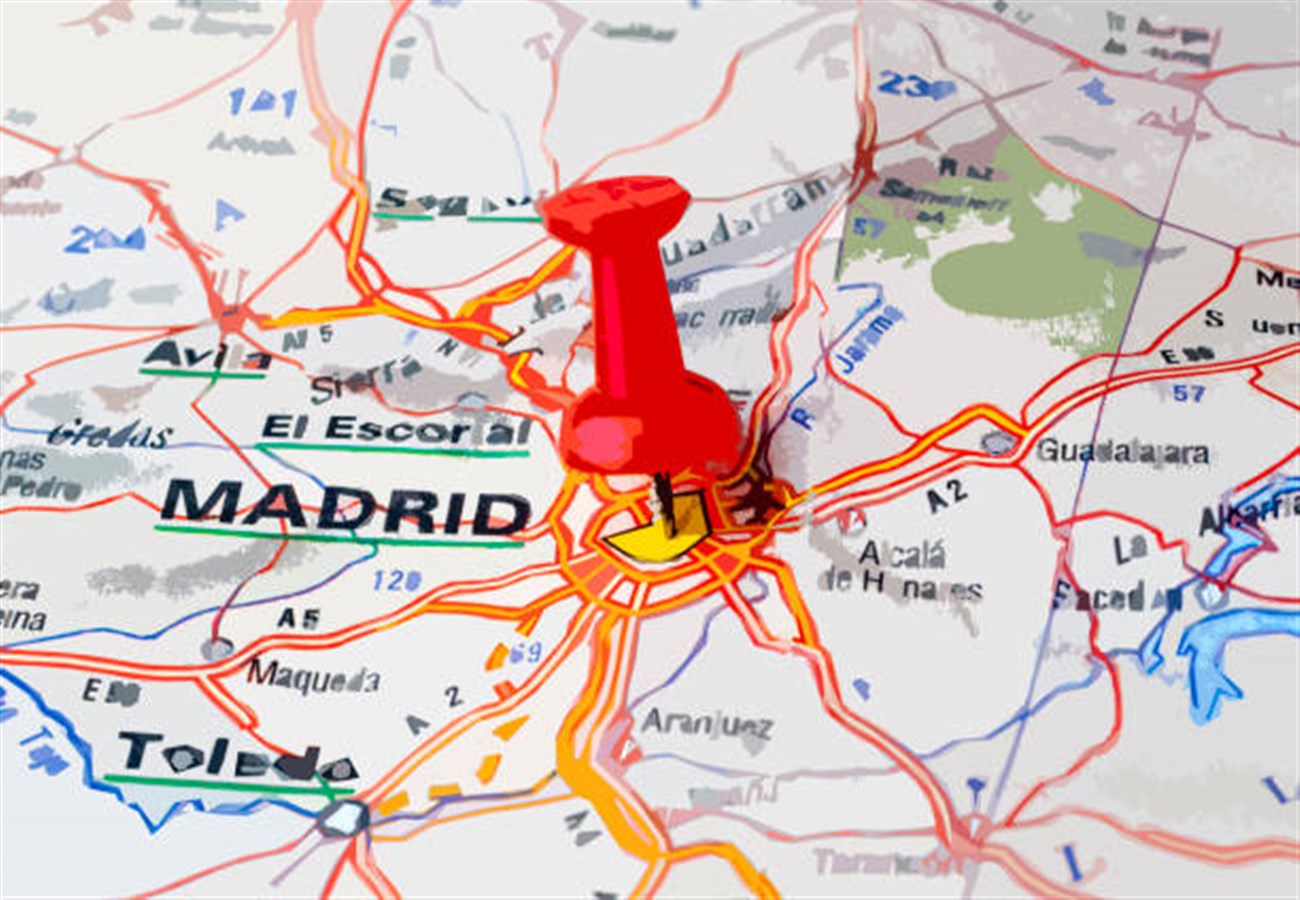A Journey Through Spain’s Gambling Evolution: From Shadows to Regulation
Is Online Gambling Legal In Spain? For decades, the world of gambling in Spain remained shrouded in shadows, with enthusiasts forced to operate clandestinely. However, the winds of reform swept across the nation in 1977, heralding a new era where nearly all forms of gambling were legalized. This pivotal moment marked the beginning of Spain’s journey towards a more regulated and transparent gambling landscape.
The Dawn of Formalization: 2006 Laws
Fast forward to 2006, when Spain’s burgeoning gambling industry prompted the government to enact formal legislation to regulate wagers. The newly minted laws not only legalized online gambling, specifically in the realm of sports betting, but also empowered the 17 autonomous regions of Spain to license physical operators within their jurisdictions.
While this move was celebrated as a step in the right direction, it left many loopholes and ambiguities in its wake. Madrid, however, wasted no time and emerged as a trailblazer by swiftly issuing licenses, setting the stage for a new era of regulated gambling. However, the status of online casinos remained murky, with their legality still in question.
The Birth of Regulation: Spanish Gambling Authority
By 2010, the explosive growth of online casinos globally underscored Spain’s need to tap into this lucrative market. In response, the government established the Directorate General for the Regulation of Gambling (DGOJ) in a bid to develop comprehensive regulations for online gambling.
In 2011, the DGOJ unveiled the Spanish Gambling Act—a landmark legislation that brought clarity and structure to the country’s gambling landscape. This pivotal moment saw the official legalization of online gambling, encompassing popular offerings such as slots and poker.
Navigating the Licensing Process
As part of the legalization framework, online casinos seeking to operate within Spain’s borders must obtain licensing from the DGOJ. This certification process entails rigorous procedures, including independent testing and validation to ensure the fairness and integrity of games offered.
Furthermore, strict regulations prohibit offshore operators and entities from offering their services within Spain, emphasizing the government’s commitment to fostering a secure and accountable gambling environment.
Law 13/2011: Taxation of Winnings
Law 13/2011 stands as a pivotal piece of legislation addressing the taxation of gambling winnings in Spain. Under this law, all winnings obtained through gambling activities are considered taxable income. Initially, a blanket 20% tax rate applied to all winnings. However, subsequent amendments by certain regions have slightly adjusted this rate. Notably, online gambling winnings are subject to even stricter taxation, with an average tax rate hovering around 25%.
Amendment to the Spanish Gambling Act: Advertising Restrictions
In a significant development, the Spanish government ratified an amendment to the 2011 Spanish Gambling Act in 2022, ushering in stringent restrictions on gambling advertising within the country. Mirroring similar changes enacted in the UK, the new law imposes severe limitations on the promotion of gambling services.
Among its provisions, the amendment prohibits sponsorship deals between sports organizations/teams and gambling operators and restricts gambling advertising to the hours between 1 am and 5 am. These measures represent a concerted effort to address concerns surrounding gambling addiction and irresponsible behavior, aligning with broader efforts to promote responsible gaming practices.
Controversy and Critique
While these changes to gambling laws in Spain are ostensibly aimed at safeguarding citizens’ well-being, they have not been without controversy. Critics argue that such stringent regulations stifle industry growth and innovation while imposing undue burdens on operators. Moreover, concerns have been raised about the efficacy of advertising restrictions in combating gambling addiction, prompting debate about the true impact of these measures on society.
Looking Ahead
As Spain continues to grapple with the complexities of gambling regulation, the path forward remains uncertain. While government officials assert that these laws are in the best interest of citizens, their long-term effects remain to be seen. Only time will reveal the true efficacy of these measures in curbing problem gambling and fostering a safer, more responsible gambling environment for all stakeholders involved.
Spain’s additional gambling laws reflect ongoing efforts to balance regulatory oversight with societal well-being. While controversies and critiques abound, these laws underscore the nation’s commitment to addressing the challenges of a rapidly evolving gambling landscape and shaping a more sustainable future for the industry.

Is Online Sports Betting Legal In Spain?
Spain, renowned for its rich sports culture, embraces sports betting as a beloved pastime deeply ingrained in the national fabric. With a legal and regulated framework overseen by the Dirección General de Ordenación del Juego (DGOJ), Spain offers enthusiasts a dynamic and secure environment to engage in sports wagering.
Navigating the Legal Terrain: Sports betting in Spain operates within a comprehensive legal framework that governs both online and offline gambling activities. At the heart of this framework lies the Spanish Gambling Act, which provides guidelines for operators and players alike. Regulatory bodies such as the DGOJ enforce these laws, ensuring compliance and safeguarding the integrity of the industry.
Diverse Market Offerings: The Spanish sports betting market caters to a diverse array of preferences, offering enthusiasts a wide range of options to indulge their passion. Football, the nation’s beloved sport, reigns supreme in both popularity and betting volume. However, Spanish betting sites also cover an extensive selection of sports, including basketball, tennis, cricket, golf, rugby union, darts, and beyond, catering to a broad spectrum of interests.
Abundant Opportunities for Bettors: Spanish players are spoiled for choice when it comes to online sports betting platforms, with a multitude of reputable operators vying for their attention. Renowned names such as BetUS Sports, BetOnline grace the landscape, offering a plethora of betting options ranging from pre-match to in-play markets. Moreover, players can capitalize on enticing promotions and bonuses, enhancing their betting experience.
Emphasis on Regulation and Responsibility: Strict regulations govern Spanish gambling sites, ensuring transparency, fairness, and responsible practices. The DGOJ remains vigilant in enforcing compliance, fostering a safe and secure betting environment for all participants. Measures to prevent problem gambling underscore the commitment to player well-being, reinforcing the industry’s integrity and credibility
Conclusion:
In Spain, online gambling enjoys legal status under the watchful eye of the Spanish government. For any online gambling operator to operate in Spain, securing a license from the Spanish gambling authority is mandatory. These licenses come with strict compliance requirements, ensuring that operators uphold the highest standards of integrity and player protection.
With robust regulation in place, players engaging in online gambling in Spain can do so with confidence, knowing that their interests are safeguarded and that they’re participating in a fair and secure environment.
In essence, the legal and regulated nature of online gambling in Spain underscores the government’s commitment to fostering a responsible and transparent gambling industry, ultimately ensuring a positive experience for all participants.



